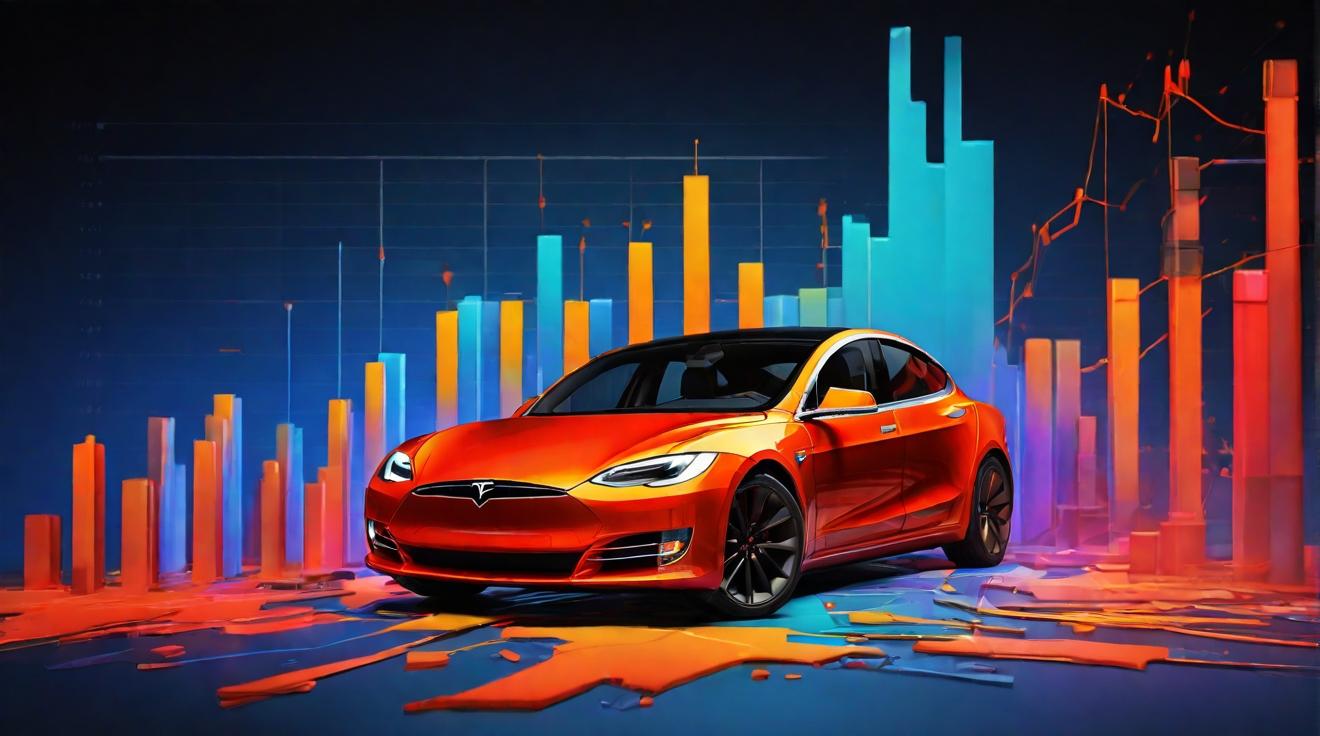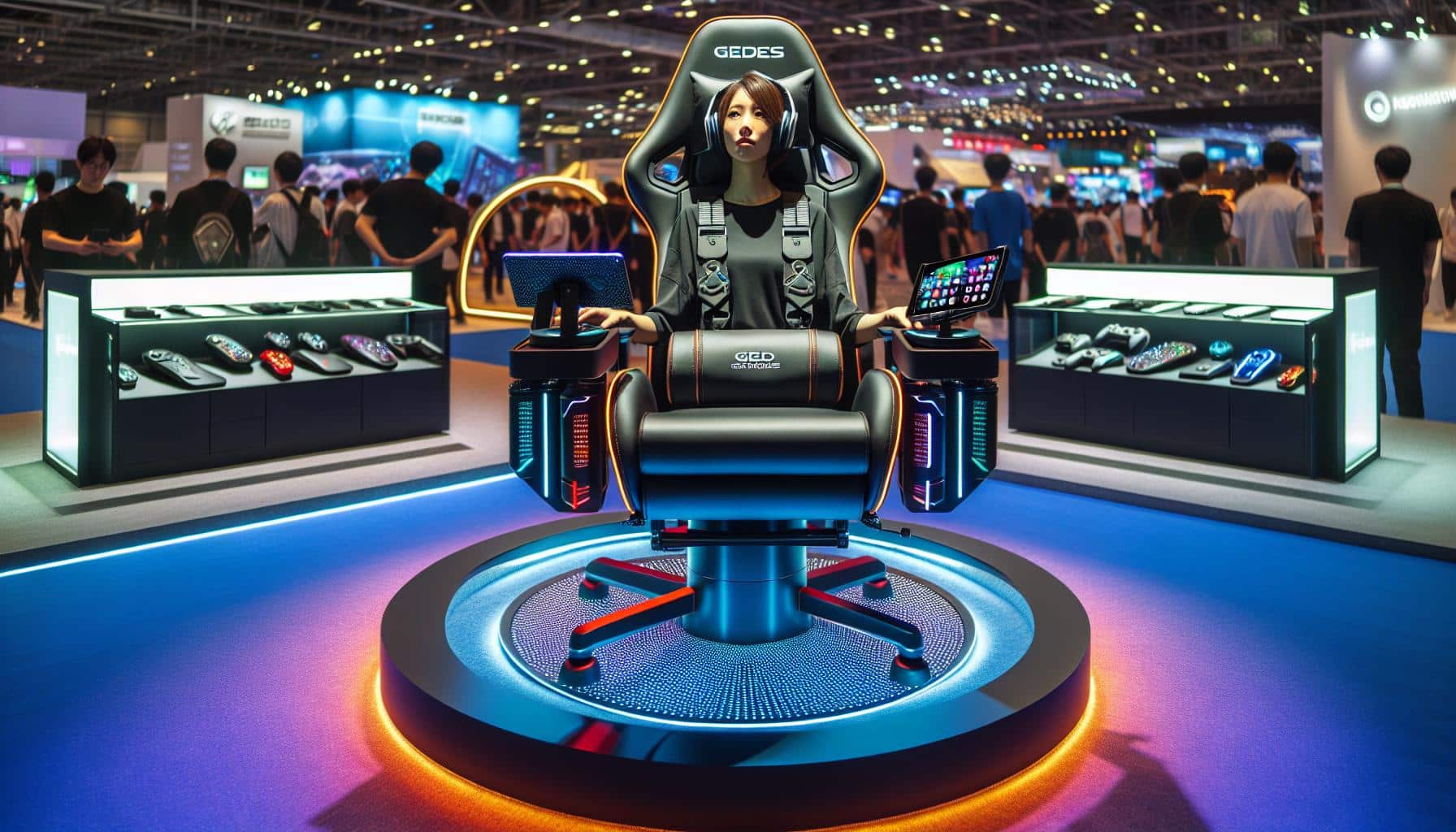iPhone and Tesla Struggle in China as Competitors Take Market Share
Apple’s iPhone sales have experienced a significant plummet in China, as the company’s main competitor, Huawei, gains a larger market share. Similarly, Tesla is facing struggles in the country. These developments are according to recent reports, signaling a potential shift in the tech landscape.
According to industry data, Huawei’s increasing dominance in China’s smartphone market has been a major factor in the decline of iPhone sales. While Apple has long been a popular choice for Chinese consumers, Huawei’s cutting-edge technology and competitive pricing have attracted a substantial number of customers. This trend highlights the challenges that Apple must overcome in regaining its foothold in the Chinese mobile market.
In a similar vein, Tesla, the electric vehicle (EV) giant, is encountering challenges in China. Despite earlier success and high demand for its EVs in the country, Tesla is now facing stiff competition from local EV manufacturers. The increased availability of affordable EV options has contributed to Tesla’s struggling sales in this crucial market.
Moving forward, all eyes are on how Apple and Tesla will adapt their strategies to regain their positions in one of the world’s largest consumer markets.
In other news, Denmark’s economy is experiencing a significant boost thanks to the contributions of Novo Nordisk. The pharmaceutical company’s medications, specifically Ozempic and Wegovy, have become significant contributors to the country’s GDP.
Meanwhile, Amazon has announced changes to its data ecosystem policies, aligning itself with strategies outlined in the European Data Act. These changes allow customers to leave the e-commerce giant’s platform for free, providing them with more flexibility and encouraging competition within the digital market.
In the tech arena, a legal dispute involving Elon Musk and the AI startup OpenAI, co-founded by Musk, has emerged. The dispute centers around OpenAI’s nonprofit mission and its partnership with Microsoft.
Shifting gears, recent data from the U.S. Bureau of Economic Analysis reveals that Americans paid over $1.1 trillion in interest payments in the last quarter alone.
In the world of college sports, Dartmouth‘s men’s basketball players have made history by voting 13-2 to unionize. They have become the first American college sports team to take this step, potentially challenging the existing NCAA rules that prohibit college athletes from collecting salaries.
Lastly, Shola Usman‘s case in Nigeria has highlighted the power of technology in providing access to justice. After being arrested and held without charge for eight months, Usman was released on bail with the help of an app that connected her to pro bono legal services.
Analyst comment
Positive news: The boost in Denmark’s economy thanks to Novo Nordisk’s contributions, Amazon’s changes to data ecosystem policies, and the potential shift in the recognition and compensation of college athletes.
Negative news: The struggles faced by iPhone and Tesla in China due to competitors gaining market share and legal disputes involving Elon Musk and OpenAI.
Neutral news: The significant interest payments made by Americans and the power of technology in providing access to justice in Nigeria.
Short analysis: Apple and Tesla will need to adapt their strategies to regain their position in the Chinese market. Novo Nordisk’s products are driving Denmark’s economic growth. Amazon’s policy changes reflect the importance of data privacy. The legal disputes raise questions about the direction of AI development. The financial burdens faced by Americans have broader implications for the economy. The unionization of Dartmouth’s basketball players could challenge NCAA rules. Technology can provide access to justice globally.













